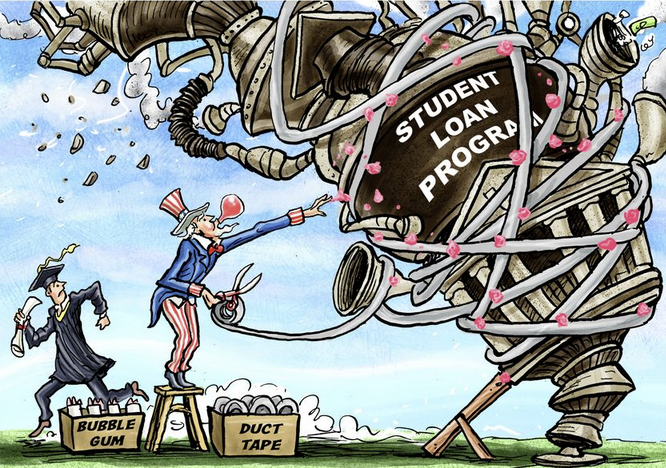Econ 101: Restoring the American Dream
The American dream is slipping further out of reach as Bidenomics steers our nation toward not just financial ruin, but total collapse. EJ Antoni joins “The Kevin Roberts Show” to diagnose the economic cancers threatening America’s prosperity and what needs to be done to fix it. Dr. EJ Antoni is a Research Fellow in The Heritage Foundation’s Grover M. Hermann Center for the Federal Budget. His research focuses on fiscal and monetary policy. Antoni’s research has also been featured with numerous think tanks and institutes including the Committee to Unleash Prosperity, where he is a senior fellow. Previously, he was an economist at Texas Public Policy Foundation, an economic consultant for FreedomWorks, and has taught courses ranging from labor economics to money and banking. Antoni holds master’s and doctoral degrees in Economics and frequently speaks at colleges and financial institutions.
He says there are two things that we need to do to return this country to financial integrity.
One, reduce government spending to 3% of GDP.
Two, return to the gold standard.
More From Heritage Foundation:






